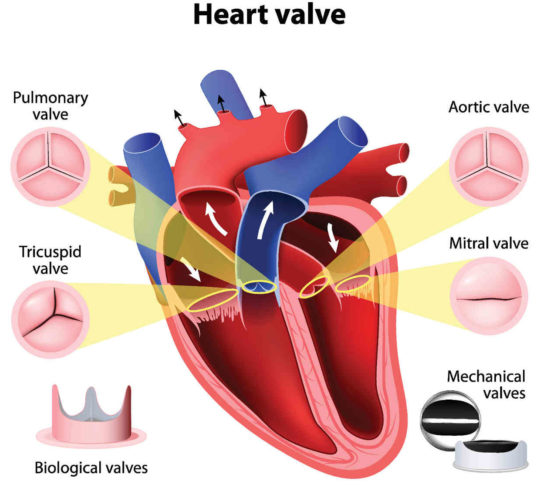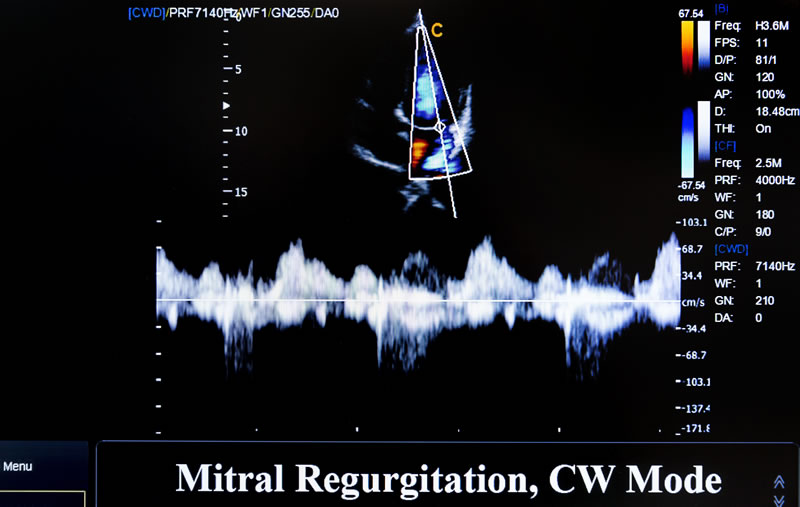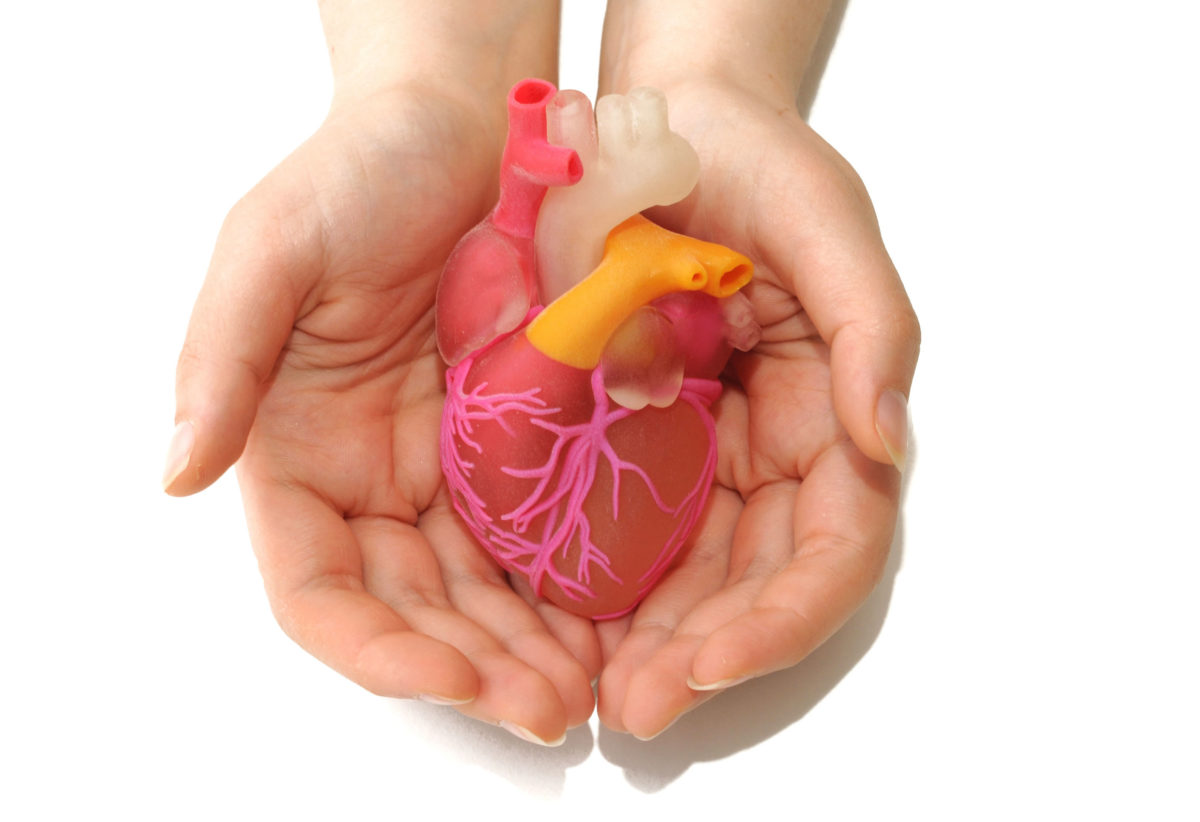If you have been diagnosed with mitral valve disease, you probably have a list of questions. As you should! Mitral valve disease is one form of heart disease, and it can be a very serious condition. Part of your heart valve isn’t working properly, and it’s you and your doctor’s job to decide what to do next so you can live a healthy and long life.
There are three different types of mitral valve disease: mitral valve regurgitation/insufficiency (leaking), mitral valve stenosis (obstruction), and mitral valve prolapse (bulging).
The type of mitral valve disease you have and the severity of it will determine your doctor’s treatment plan. One treatment option is surgery. But when is it time to repair your mitral valve? Is there a good time? Well, if you have a severe case or a big leak, it’s recommended you get the valve repaired now. If you put off surgery, the damaged valve will begin to cause damage to the heart itself. Valves cannot repair themselves; there is no point in waiting. Studies have shown if you wait for symptoms to become severe before you choose surgery, your chance of experiencing complications after the surgery is higher.
If the valve is severely damaged, a surgeon may not be able to repair the valve and a replacement will have to be done. If your valve disease is life-threatening, a replacement valve will be chosen over a repair.
Treatment isn’t always needed for minor causes of mitral valve disease. Sometimes the doctor will just monitor a patient’s heart over the years to see if the disease is getting progressively worse. The doctor can also prescribe medications to reduce the symptoms that patients are experiencing from the disease, but the medications cannot fix the broken parts of the mitral valve. Patients can take antiarrhythmics, beta blockers, diuretics, and anticoagulants.
The thought of surgery can be terrifying; there may be no “right” time, but you want to fix the problem before it gets worse. Dr. Peter Mikhail performs minimally-invasive mitral valve heart surgery on his patients. He makes a small (2 to 3 inch) incision in the right side of the chest. This is not open-heart surgery. With minimally invasive surgery, recovery is shorter. Surgery can take anywhere from 2 to 4 hours.
If it’s time for you to get your mitral valve repaired or replaced, let Dr. Mikhail look at your heart and determine the best course of action. He is a cardiac and thoracic surgeon who specializes in mitral valve surgery. He treats patients in the New Port Richey, Tampa and Clearwater areas of Florida. To book a consult, click here or call 727-312-4844. Learn more about this surgery on Dr. Mikhail’s Mitral Valve Surgery page.










